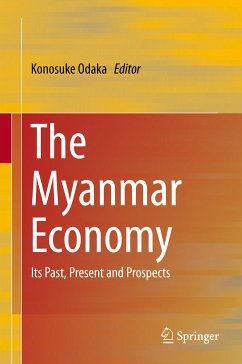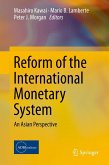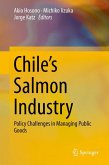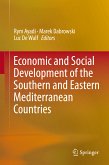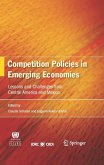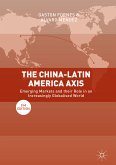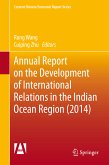Dieser Download kann aus rechtlichen Gründen nur mit Rechnungsadresse in A, B, BG, CY, CZ, D, DK, EW, E, FIN, F, GR, HR, H, IRL, I, LT, L, LR, M, NL, PL, P, R, S, SLO, SK ausgeliefert werden.
Translated from Japanese
"[Under these circumstances], it is deeply meaningful that this book has been published. The compilation of academic research on the Myanmar economy by Japanese academics has exceeded that by researchers based in Europe or the United States ever since Myanmar was under the military regime. Japan may be the only country in the world that can line up specialists in each field who are able to discuss professionally each discipline examined in this book (including economic history, macroeconomics, social capital, agriculture, the rural economy, industrialization, and the relation between Myanmar and China). Building on this tradition of research, the book has succeeded in putting into context the modern economy of Myanmar, considering its past environment including the period in which it was dominated by a military regime." (Yoshihiro Nakanishi, Keizai Kenkyu, Vol. 68 (3), 2017)

